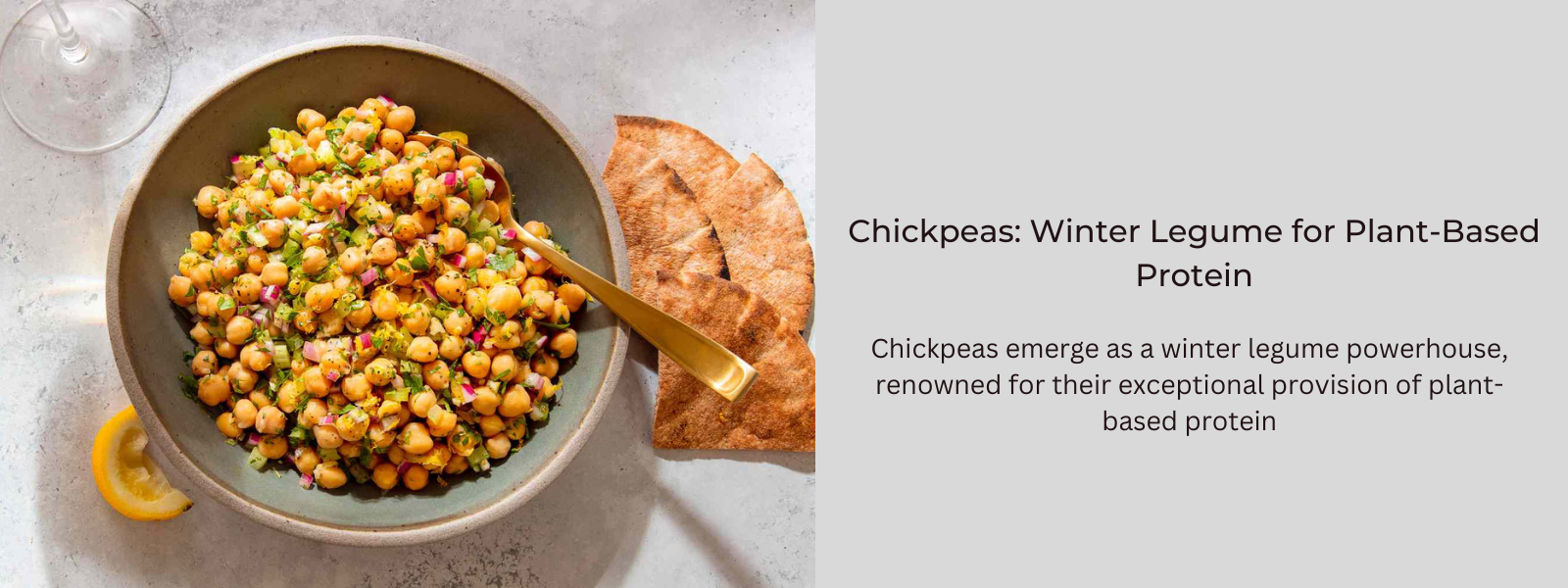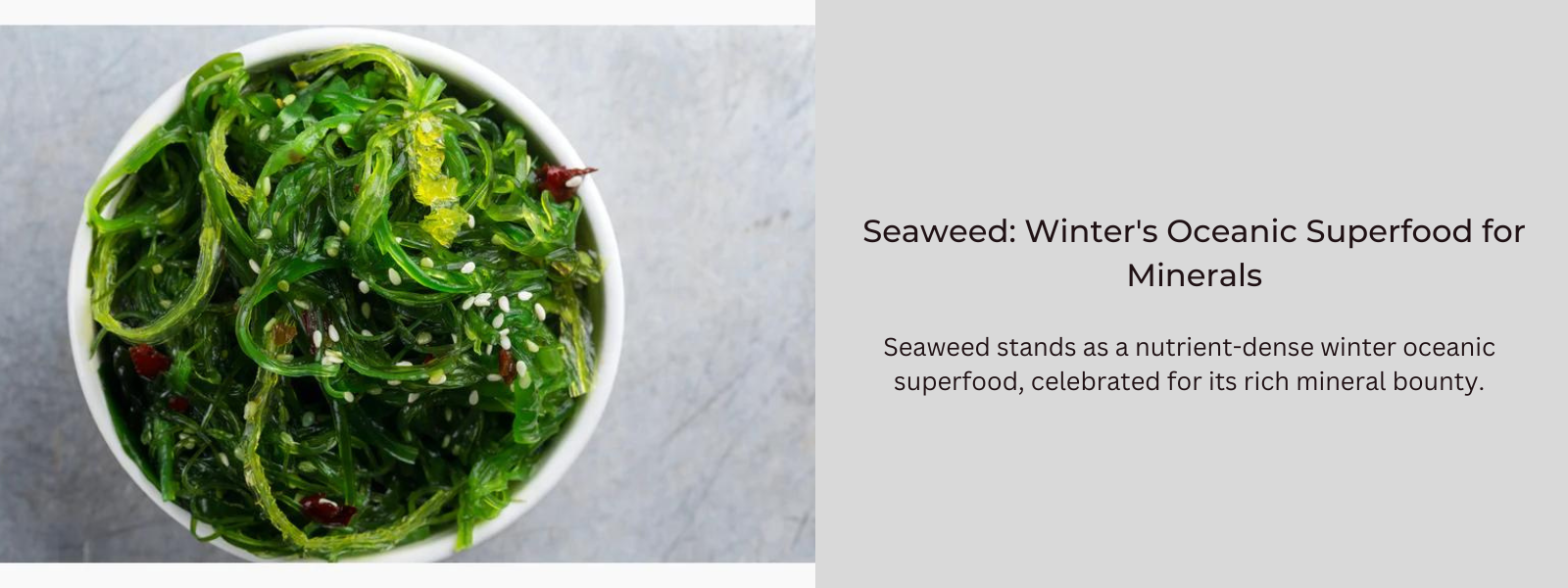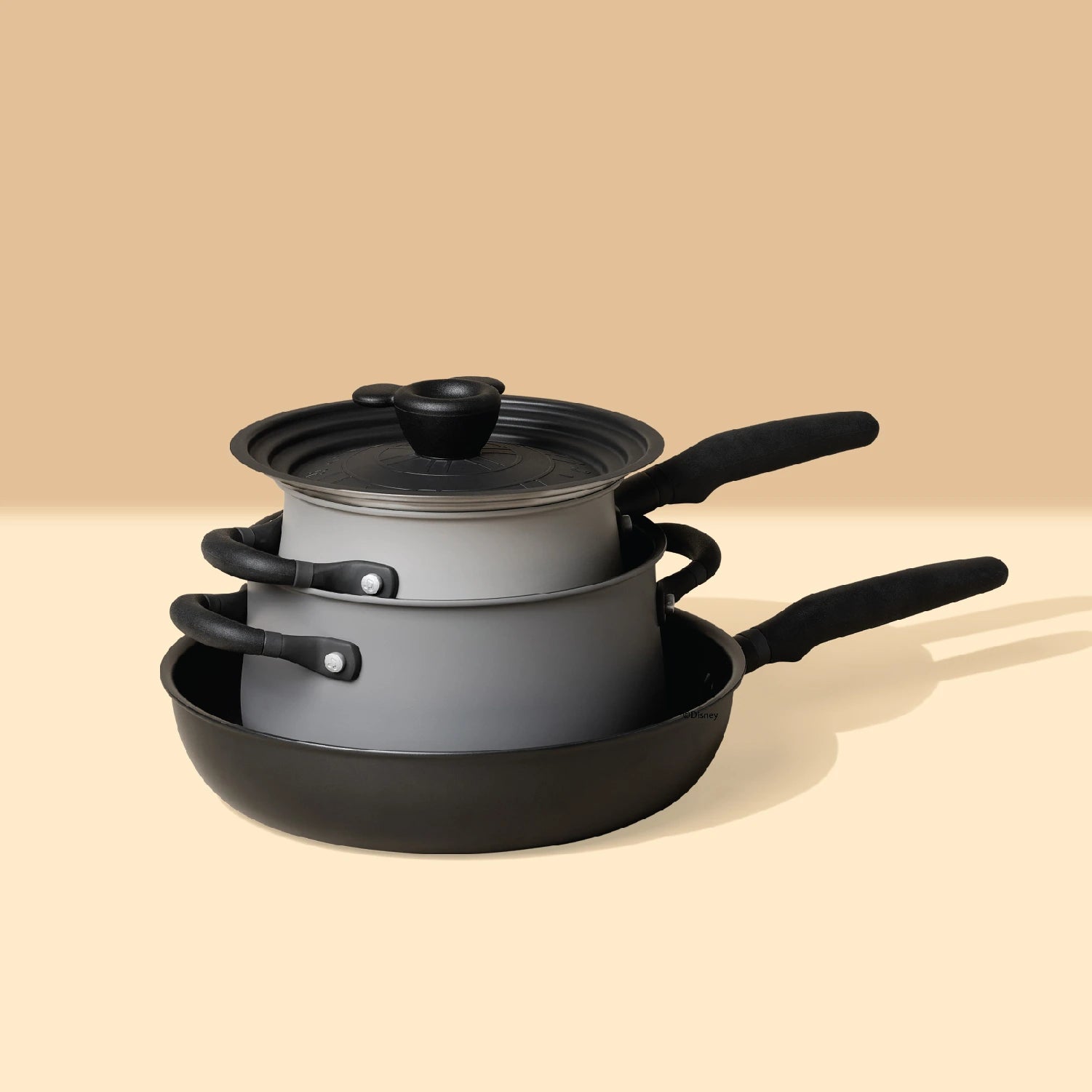Olive oil is prized for its health benefits, primarily due to its high content of monounsaturated fats and antioxidants like polyphenols. It is used in cooking, salad dressings, marinades, and as a finishing oil, adding flavor and nutritional value to a wide range of dishes.
Table of Contents
What Is Olive Oil?
Olive oil is a type of oil extracted from olives, the fruit of the olive tree (botanical name: Olea europaea). It is a staple in Mediterranean cuisine and widely used around the world for its unique flavor and numerous health benefits.
There are different types of olive oil, primarily categorized by their extraction process and quality:
- Extra Virgin Olive Oil (EVOO): This is the highest quality and most flavorful olive oil. It is extracted solely by mechanical means, without the use of heat or chemicals, and has the lowest acidity level. EVOO retains the natural taste, aroma, and antioxidants of the olives.
- Virgin Olive Oil: This is also unrefined, extracted similarly to extra virgin olive oil but with slightly higher acidity and milder flavor compared to EVOO.
- Pure Olive Oil: Often labeled as just "olive oil," it is a blend of refined olive oil and virgin or extra virgin olive oil. It has a more neutral taste and higher smoke point, making it suitable for cooking at higher temperatures.
-
Light Olive Oil: Contrary to its name, "light" refers to its lighter color and more neutral flavor, not its calorie content. It's typically a refined oil with a higher smoke point, suitable for frying and baking.
Olive Oil Is Healthy Fat for Winter Cooking:
Olive oil stands as a nourishing and versatile choice for winter cooking owing to its health benefits and culinary adaptability. Rich in monounsaturated fats and antioxidants, particularly in extra virgin varieties, it promotes heart health by reducing bad cholesterol levels and offering anti-inflammatory properties, crucial during colder months. With a moderately high smoke point, it retains its nutritional properties while sautéing, roasting, or used in dressings, enriching winter dishes like roasted vegetables, hearty stews, and warming soups. Beyond its culinary prowess, olive oil's skin-moisturizing qualities combat winter dryness, making it a wholesome choice not just for cooking but also for overall winter wellness
Is Olive Oil Healthier Than Other Oil?
Yes, olive oil is healthier than other oil, here’s why:
- Heart Health: Olive oil, especially extra virgin olive oil, is rich in monounsaturated fats (such as oleic acid) and antioxidants (like polyphenols). These components have been associated with reducing the risk of heart disease by improving cholesterol levels and offering anti-inflammatory effects.
- Nutrient Retention: Olive oil has a moderately high smoke point (varies based on type), preserving its nutritional quality during cooking at moderate temperatures. This makes it suitable for sautéing, roasting, and light frying without compromising its health benefits.
- Rich in Antioxidants: The antioxidants in olive oil, particularly extra virgin olive oil, help combat oxidative stress, which is beneficial for overall health and may play a role in reducing the risk of chronic diseases.
- Versatility: It adds a delightful flavor to dishes and is a staple in Mediterranean cuisine, enhancing the taste of salads, grilled vegetables, dressings, and more.
-
Skin Benefits: Olive oil is not only a kitchen essential but also used in skincare for its moisturizing and nourishing properties, especially beneficial during winter when dry skin is more prevalent.
Uses Of Olive Oil In Cooking:
Olive oil is a highly versatile cooking oil with numerous uses in the kitchen:
- Sautéing and Frying: Olive oil can be used for sautéing vegetables, meats, or seafood due to its medium smoke point. It's suitable for light frying or stir-frying at moderate temperatures.
- Roasting and Baking: It's excellent for coating vegetables before roasting in the oven, helping them crisp up and develop a golden-brown color. Olive oil can also be used in baking for certain recipes like cakes, muffins, or bread, adding moisture and a hint of fruity flavor.
- Salad Dressings: Extra virgin olive oil is a staple in salad dressings, combined with vinegar, citrus juice, herbs, or spices to create delicious dressings for salads or marinades for meats.
- Marinating: Olive oil is often used as a base for marinades, tenderizing meats and adding flavor to proteins before cooking.
- Drizzling and Finishing: High-quality extra virgin olive oil is perfect for drizzling over finished dishes, such as soups, grilled vegetables, pasta, or even as a finishing touch on bruschetta or hummus, imparting a final burst of flavor.
- Dipping: Olive oil, often seasoned with herbs, spices, or balsamic vinegar, is used as a dipping oil for bread or served as part of an appetizer.










Leave a comment